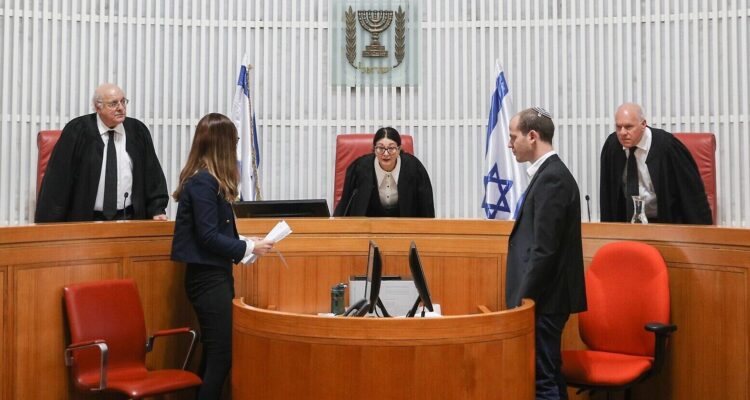With respected former president Reuven Rivlin warning it “might endanger democracy”, Israeli Prime Minister Benjamin Netanyahu needs to be cautious in implementing his new government’s contentious plan for a far-reaching overhaul of the Jewish state’s judicial system. The highly unusual intervention by Mr Rivlin, previously an MP and minister representing Mr Netanyahu’s Likud party, reflects the intense debate taking place over changes that go to the heart of the separation of powers and the independence of courts in Israel’s estimable democracy.
Mr Rivlin’s warning followed a rare public intervention last week by Israel’s top judge, Supreme Court president Esther Hayut. She warned the proposed changes were ‘‘an unbridled attack on the legal system, as if we were an enemy that should be swarmed on and overwhelmed. The new plan is not one to fix the legal system but to crush it’’. Mr Rivlin and Judge Hayut are not alone. More than 80,000 protesters took to the streets of Tel Aviv at the weekend to demonstrate against the new hard-right government’s plans. Central to the concern of those opposed to the proposed reforms is the belief they would weaken the power of the Supreme Court by giving the Israeli Knesset (parliament) unprecedented power to pass laws, by a simple majority, that the court has struck down. The proposals would also give the government greater power over appointing judges and limiting the independence of government legal advisers.
Read the editorial in The Australian.

